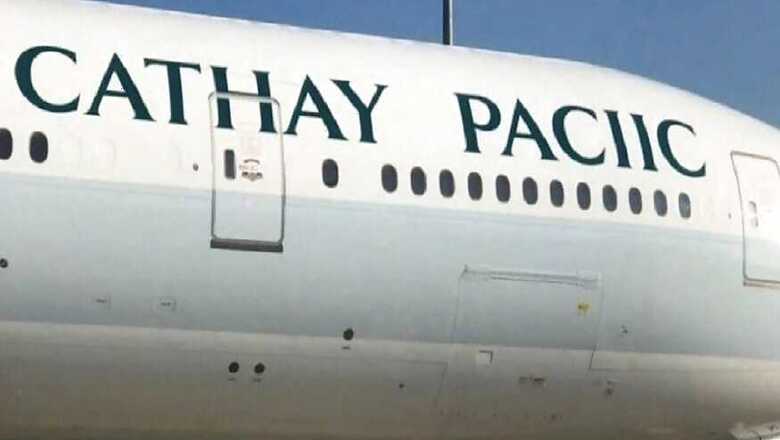
views
Hong Kong/Singapore: Cathay Pacific shares were choppy in opening trade on Monday after the shock exit of CEO Rupert Hogg, as the airline grapples with mounting Chinese scrutiny over the involvement of some of its staff in anti-government protests in Hong Kong.
Shares rose more than 2% in early trade and later fell by nearly as much, with analysts cautioning that while Hogg's resignation, announced on Friday, appeared necessary to placate Beijing, the Hong Kong airline faced a setback to its three-year financial turnaround plan as a result.
Cathay has emerged as the highest-profile corporate target as Beijing looks to quell protests that have gone on for 11 straight weeks in the Chinese-controlled territory.
The airline has appointed Augustus Tang, a former Cathay executive who had been running an aircraft engineering business for parent Swire Pacific Ltd, as its new chief executive as it attempts to salvage relations with Beijing.
The Chinese regulator had demanded it suspend staff supporting anti-government protests.
Tang's priority should be rebuilding the brand and restoring customer confidence in all markets, including Hong Kong, the mainland and overseas after the Chinese regulatory action and recent disruptions at Hong Kong airport, CAPA Centre for Aviation Chief Analyst Brendan Sobie said.
"Work related to completion of the three-year restructuring may take a back seat for a few months but will be revisited once things stabilise," he said.
Cathay swung to its first profit for the January-June period since 2016 on the back of a transformation plan led by Hogg and forecast it would post higher earnings in the seasonally better second half.
"Management's priority now, I suspect, would be how to curb further interference from the CAAC - an almost impossible task," said Shukor Yusof, the head of consultancy Endau Analytics, referring to the Civil Aviation Administration of China.
"The transformation will be on the back burner for the time being, given that Augustus Tang isn't someone the market is familiar with."
Morningstar analyst Ivan Su said he believed Cathay had done enough to prevent it from being cut off from Chinese airspace, but possibly not enough to placate all Chinese travellers.
"The carrier will likely see weaker demand if travellers boycott Cathay over the short term," he said.
Endau's Yusof said in the longer term, 30% shareholder Air China could buy the remainder of Cathay, but there was no urgency because the Hong Kong carrier was in a state of flux.
"That will only occur when the political climate is right."












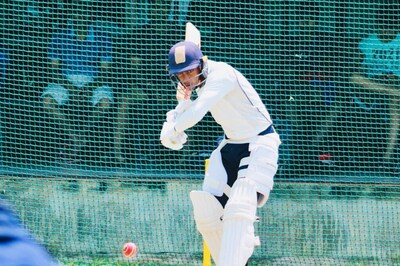


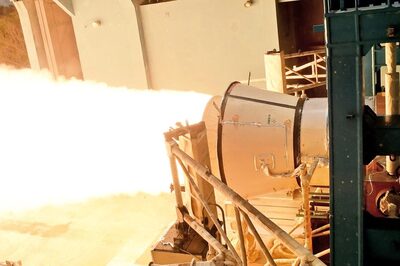


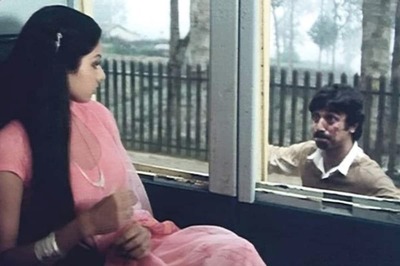
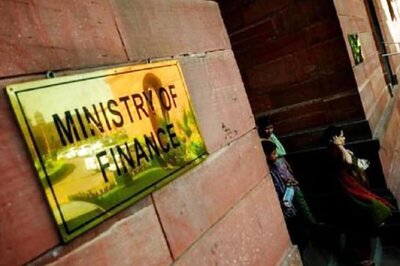
Comments
0 comment